Cyber risk has become a constant state of being
On June 3, Fortinet announced the results of a new survey conducted by IDC, showing a significant increase in both the scale and sophistication of cyber threats in Vietnam and the Asia- Pacific region.
The survey results show that the cyber threat landscape is not only increasingly complex, but also increasingly exploiting weaknesses in visibility, governance, and infrastructure, posing an increasing challenge to already overstretched cybersecurity teams.
Nearly 52% of organizations in Vietnam reported encountering AI-powered cyber threats in the past year. These threats are expanding rapidly, with 54% of organizations reporting a 2x increase and 36% reporting a 3x increase.
The new generation of AI-powered threats is harder to detect, often exploiting weaknesses in human behavior, system configuration errors, and identity management vulnerabilities. In Vietnam, common AI-powered cybersecurity threats include: brute force attacks or using compromised passwords to log into multiple systems (credential stuffing), AI-powered social engineering attacks, the use of deepfake technology in business email fraud (BEC), automated collection of detailed information about the attack surface, adversarial AI, and data poisoning.
Cybersecurity experts and customers attend Fortinet Accelerate Asia 2025 Vietnam - Fortinet's annual event on June 3.
Despite the rise of AI-powered attacks, only 8% of organizations feel confident in their current defense capabilities. Meanwhile, 30% admit that AI-powered threats have surpassed their detection capabilities, and 33% of organizations surveyed in Vietnam have no ability to monitor these types of attacks at all.
Organizations in Vietnam are increasingly vulnerable to anonymous, stealthy threats. The most commonly reported threats include: ransomware (64%), software supply chain attacks (58%), cloud vulnerabilities (56%), insider threats (52%), as well as unpatched and zero-day vulnerabilities (50%).
The most disruptive threats are no longer the most visible. Unpatched vulnerabilities and zero days top the list, followed by insider threats, cloud misconfigurations, software supply chain attacks, and human error.
The consequences go beyond downtime. The biggest impacts of cyberattacks on businesses include: operational disruption (58%), data theft and privacy breaches (54%), loss of customer trust (50%), and regulatory penalties (20%). The financial impact is also significant. 44% of respondents said they have experienced a data breach that resulted in financial loss, with one in four incidents costing more than $500,000.
Cybersecurity teams under intense pressure
Human resources continue to be a major bottleneck for security teams in Vietnam. On average, only 7% of an organization’s workforce is dedicated to internal IT, and only 13% of that is dedicated to cybersecurity. This means there is less than one cybersecurity professional (paid full-time) for every 100 employees in an organization.
Only 15% of organizations have a dedicated Chief Information Security Officer (CISO) position, while the majority (63%) have additional technology responsibilities in addition to managing and overseeing cybersecurity operations. Only 6% of organizations have dedicated teams for functions such as threat hunting and security operations.
These thinly staffed teams are also facing increasing pressure from the proliferation of threats. The top challenges reported include: high volume of threats (54%), difficulty retaining skilled cybersecurity personnel (52%), complexity of tools (44%). This leads to overload, fragmentation, and reduced effectiveness of cybersecurity teams.
According to Fortinet representatives, organizations are gradually shifting from infrastructure spending to more strategic investments.
Investment in cybersecurity increases
Despite increased awareness, investment in cybersecurity remains inadequate. On average, just 15% of IT budgets are allocated to cybersecurity, equivalent to about 1.4% of total revenue – a relatively small proportion given the scale and severity of threats.
However, security budgets are showing signs of increasing, with nearly 90% of organizations in Vietnam reporting increased investment. However, most of these increases are still below 10%, indicating a cautious approach to investment.
Organizations are shifting from infrastructure-focused spending to more strategic investments. The top five priorities today include: identity security, network security, SASE/Zero Trust, cyber resilience, and cloud-native application protection. This reflects a shift toward security planning that focuses on access and risk assessment.
However, key areas such as OT/IoT security, DevSecOps, and cybersecurity training still receive limited funding, reflecting significant gaps in addressing operational and human vulnerabilities.
“The results of this survey demonstrate the growing urgency for AI-enabled defense strategies in Asia Pacific, Japan, and China,” said Simon Piff, Research Vice President, IDC Asia Pacific . “Organizations are facing a wave of increasingly sophisticated and unpredictable threats – from misconfigurations, insider behavior, to AI-powered attacks – that are easily bypassing traditional detection methods. Moving to integrated, risk-centric cybersecurity models is essential to staying proactive. In an increasingly complex threat landscape, reactive security strategies are no longer sufficient, and predictive and intelligence-driven operations must become the norm.”
Mr. Nguyen Gia Duc, Country Director, Fortinet Vietnam.
According to Mr. Nguyen Gia Duc, Country Manager, Fortinet Vietnam: “Complexity is now the new “battlefield” in the cybersecurity war, where AI is both a challenge and a first line of defense. In the face of increasingly stealthy and organized threats, Fortinet is helping organizations across Vietnam maintain a proactive position with a unified, platform-based approach that combines visibility, automation, and robust resiliency. In today's ever-evolving threat landscape, speed, simplicity, and strategy are more important than ever. We focus on helping organizations and businesses transition from fragmented defenses to intelligent, AI-powered security ecosystems that are scalable and adaptable to increasingly sophisticated threats."
Hoang Phuong
Source: https://doanhnghiepvn.vn/chuyen-doi-so/an-ninh-mang/cac-moi-de-doa-an-ninh-mang-hau-thuan-boi-ai-gia-tang-tai-viet-nam/20250603031800202


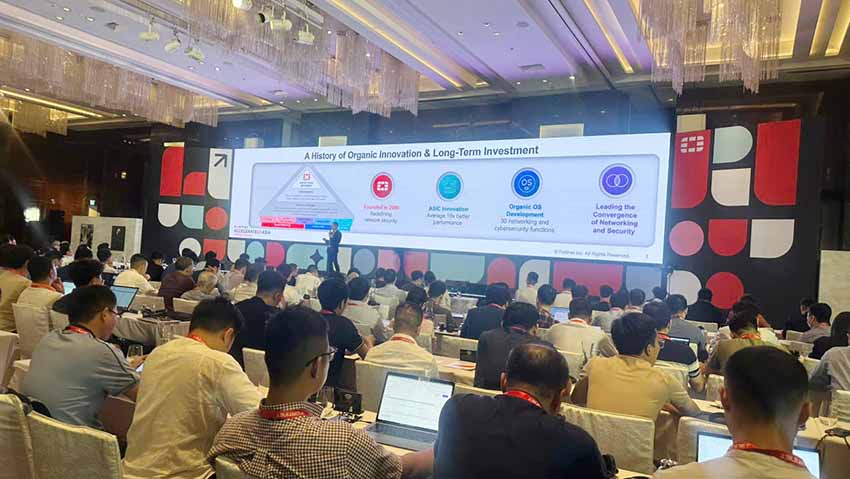
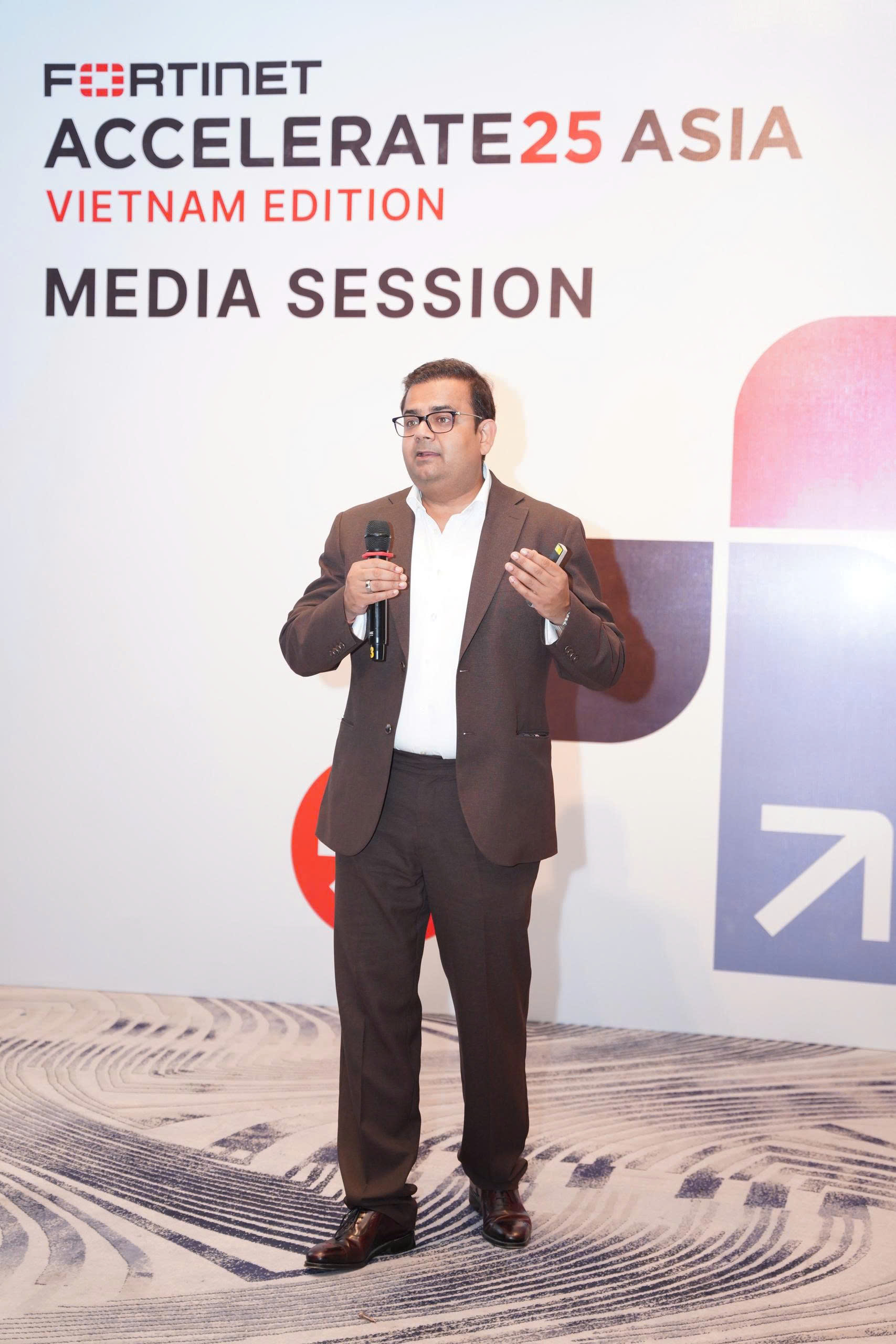
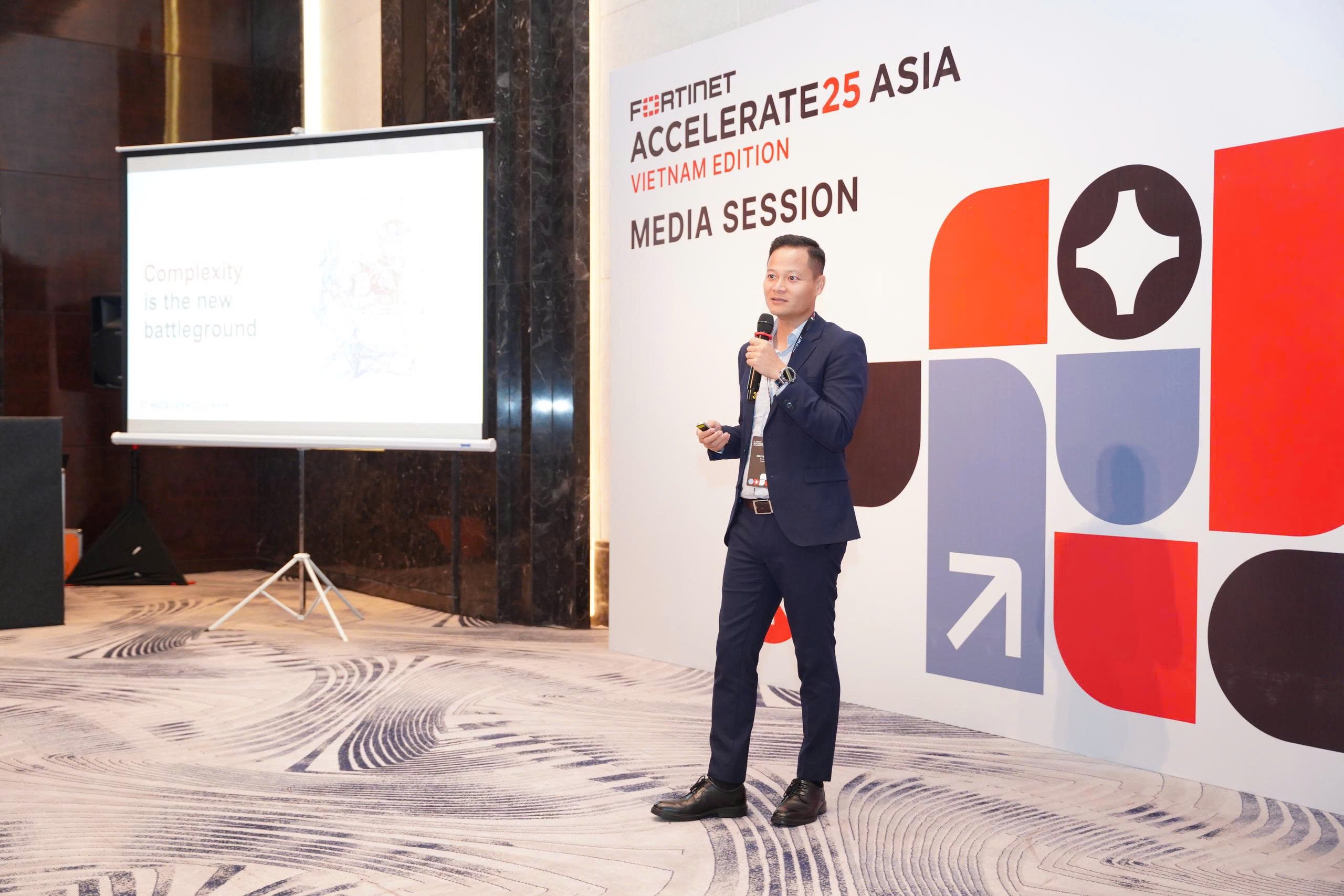










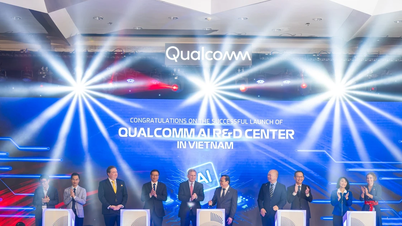

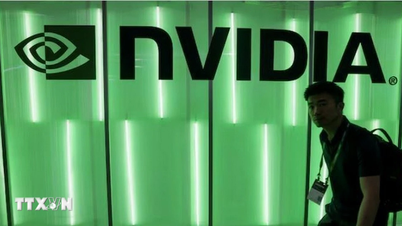
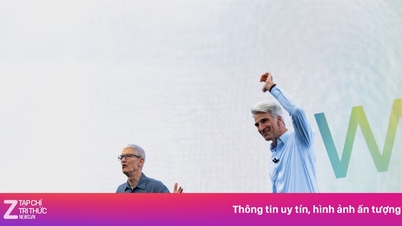
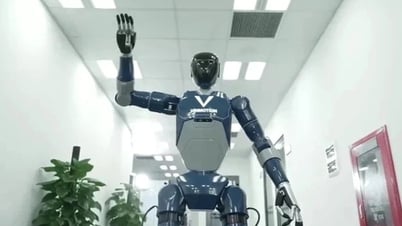





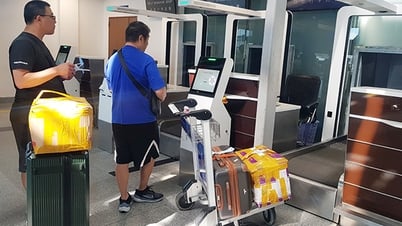


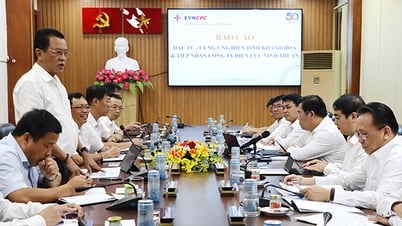













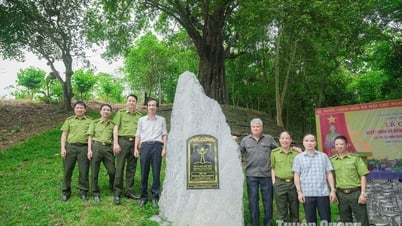


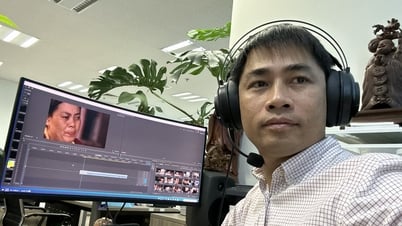

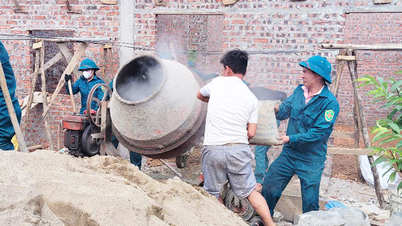














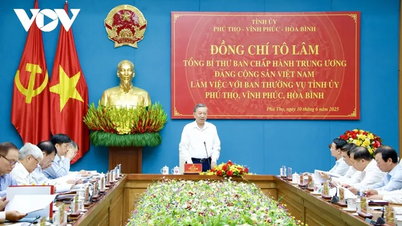



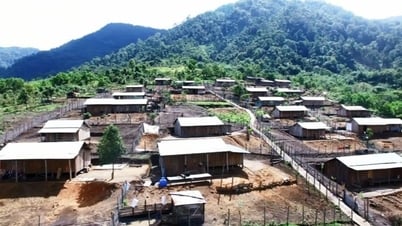
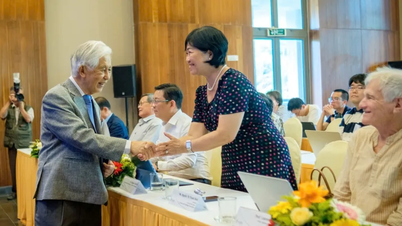








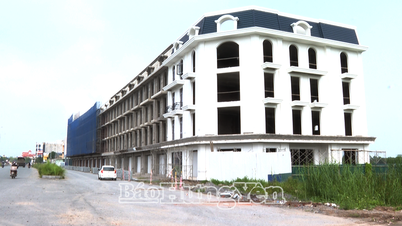



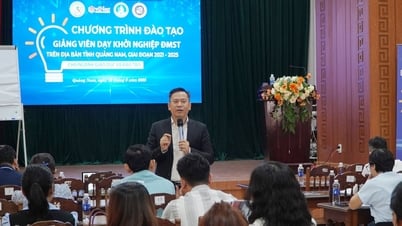



















Comment (0)